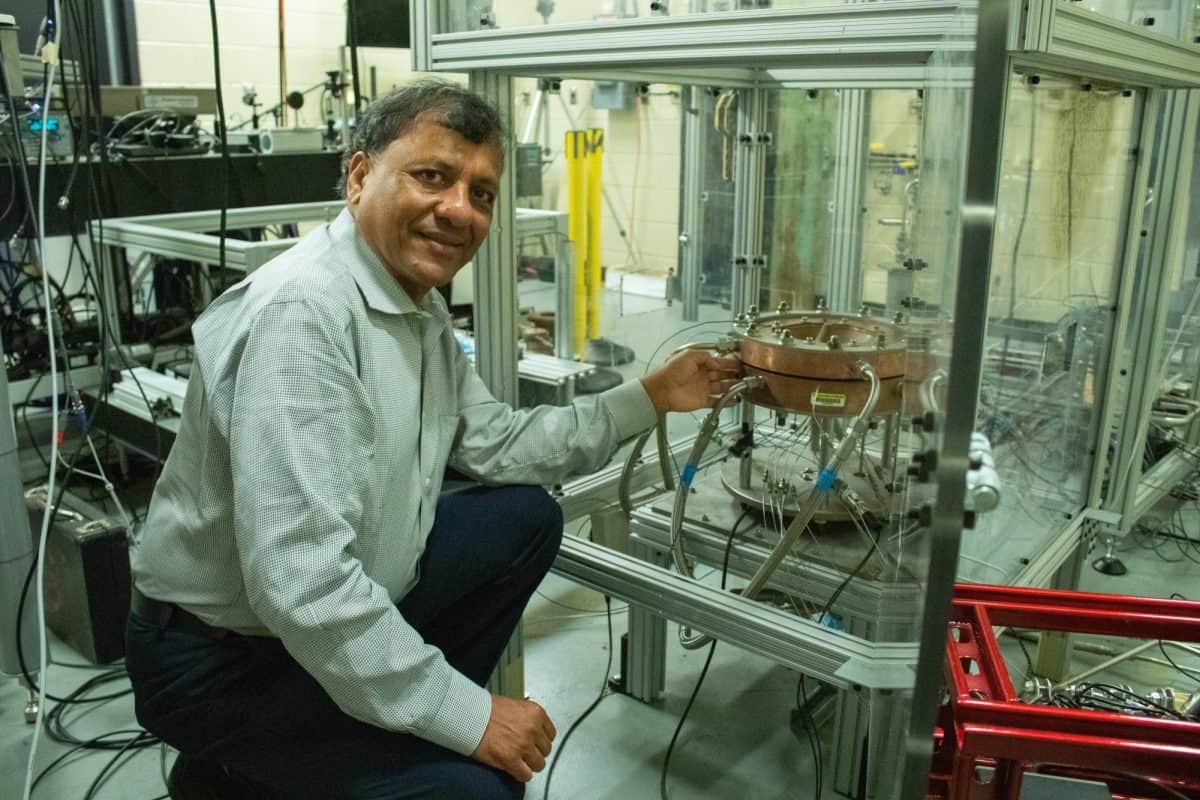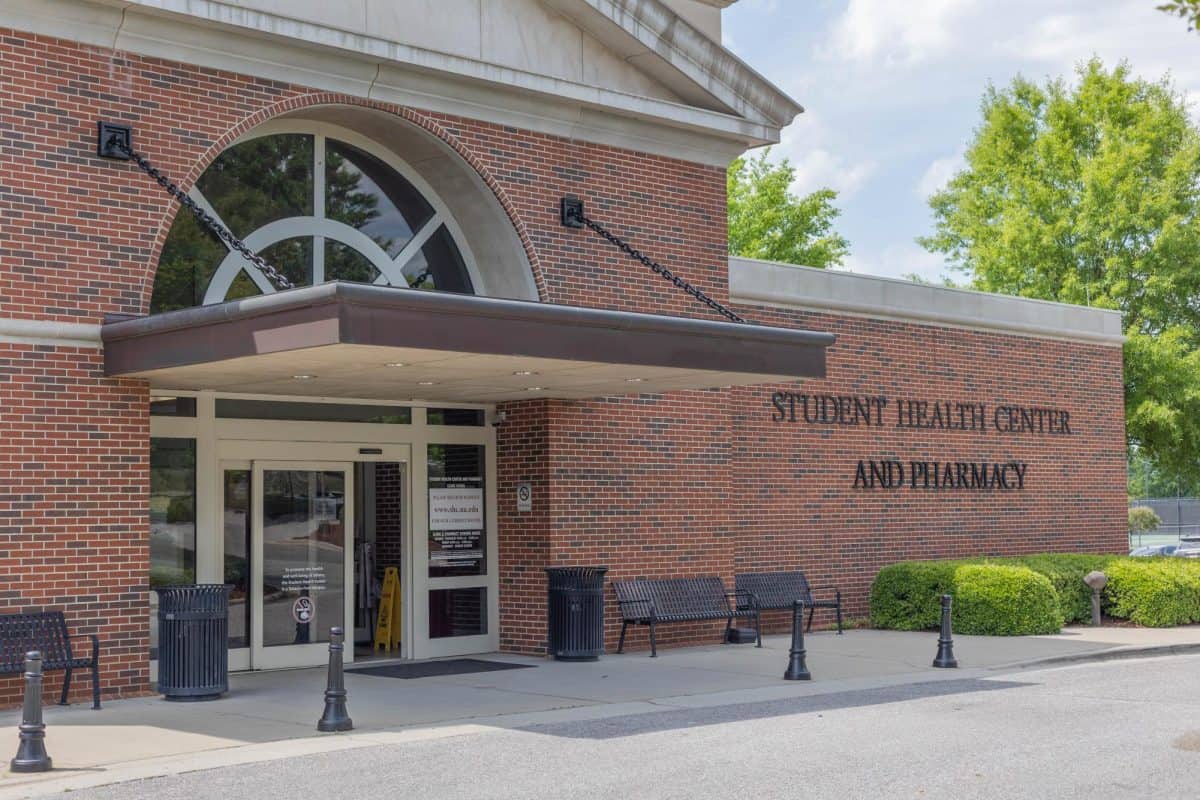At The University of Alabama, there are numerous opportunities for students to get involved in research as an undergraduate, even as early as their first semester on campus.
Undergraduate research involves an in-depth exploration of a topic by collaborating with a professor, although in many cases undergraduates work on teams with other undergraduate students, graduate students and professors.
At the University, there are research projects on numerous topics in diverse fields of study, including non-STEM research. However, the appeal of undergraduate research may not be obvious at first.
“Students who engage in undergraduate research get several benefits,” said Leanne Carroll, the director of the Office of Undergraduate Research.
Finding out how to get involved in research can be the most challenging part for undergraduate students. The Office of Undergraduate Research offers help in every stage of the process, including connecting students with projects. This includes programs like the Emerging Scholars Program, which can provide an introduction to research, and Research Ambassadors, which provides students who can share advice about what undergraduate research is like.
“We will help you to navigate the fears or concerns that you might have,” Carroll said.
Contacting professors directly can also lead to research opportunities.
“Just reach out to people, and things will work out,” said Truman Porter, a freshman studying computer science. Porter presented his research at the Undergraduate Research and Creative Activity Conference this spring.
Students commonly do research outside of their major as well. For some, doing research outside of their major can even help in the decision to switch or modify their area of study.
“Once I joined research on campus, I realized that I wanted that to be an integral part of my career, and so now I’m striving for an M.D.-Ph.D. to combine the two things I’m passionate for,” said Chandni Bhat, a research ambassador and a junior studying chemistry and mathematics.
One major consideration for freshmen who are interested in research is the time commitment. Managing a healthy college schedule can be difficult, and research can be demanding. Bhat said that students should balance their time to give equal importance to everything they do, including research.
For students who know that they want to participate in undergraduate research, Jeff Gray, director of the Randall Research Scholars Program, recommended that they take their time when choosing which project to join.
“It’s almost like a dating relationship,” Gray said. “If you’re looking for a project or an adviser, just don’t take the first thing that comes around. Be patient and look around and see what your options are and pick the best one that makes you excited.”
Gray added that students should enjoy what they work on.
“Undergrad research should be pure fun,” Gray said. “It should be a project you love if you’re doing an undergrad project.”
Even if students join a project they don’t ultimately enjoy, they can always back out, Porter said.
“Research is a learning experience. You’re not supposed to be the best when you go in. You’re supposed to learn and grow as you do your project,” Bhat said.















